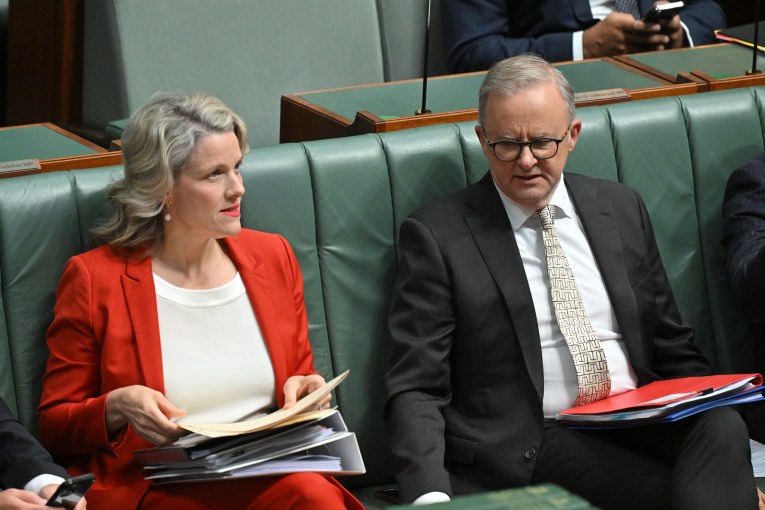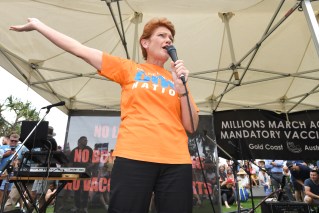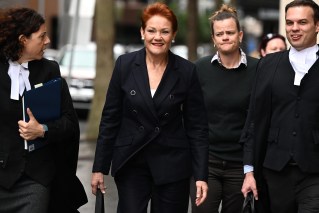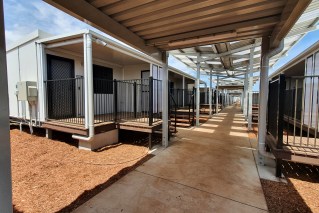Now the good news: Sorry, there is no good news in Jim’s doom and gloom budget
Australians are facing a tough couple of years with rising power bills and falling wages foreshadowed in the Albanese government’s first budget.
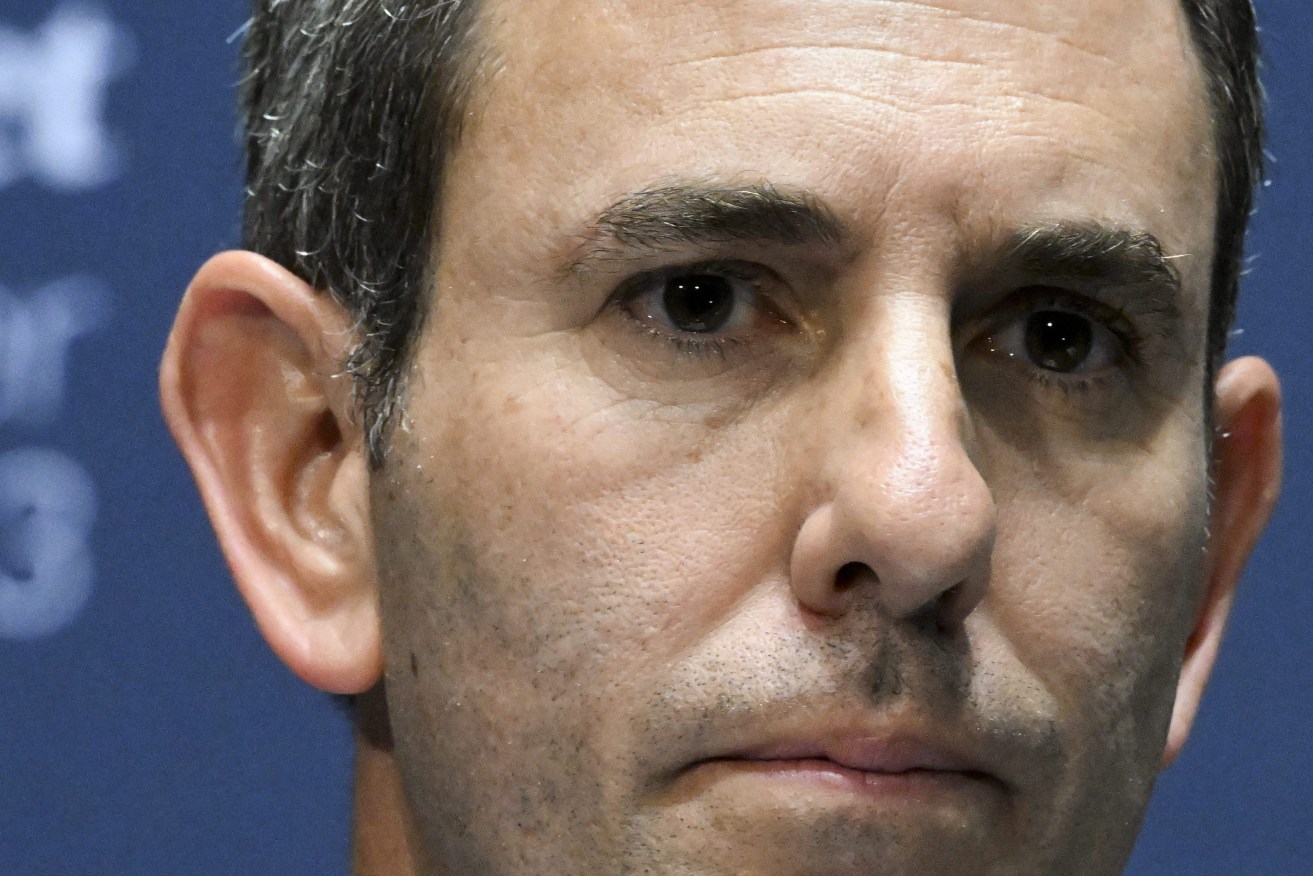
Australian Treasurer Jim Chalmers reacts during a press conference inside the Budget lockup at Parliament House in Canberra. (AAP Image/Lukas Coch)
Treasurer Jim Chalmers paved the way for difficult decisions to be taken in the future, saying tough measures were needed to rein in debt during a period of global economic uncertainty.
Households are facing steeply rising power prices, with a more than 50 per cent increase in retail electricity bills predicted over the next two years.
Gas prices could lift more than 40 per cent in the same period.
Chalmers said the government was exercising restraint in cost-of-living relief to avoid adding to rising inflation, which is tipped to peak at 7.75 per cent by the end of the year.
“We handed down a budget that was really responsible and right for the times,” he told ABC TV on Wednesday.
“We’ve got our fair share of challenges right now, what we were able to do was provide some cost of living relief in a way that doesn’t push up inflation.”
While the budget papers showed a better-than-expected deficit for 2022/23 of $36.9 billion, the figure is on track to blow out to $51.3 billion in 2024/25.
Prime Minister Anthony Albanese denied the government had refused to take tough decisions in its first budget after banking almost all of the extra revenue.
“Putting 99 per cent of the revenue gain back into paying off debt is a good thing for us to do, a tough thing for us to do,” he told the Nine’s Today program.
“We know people are doing it tough out there. But had we had a cash splash, that would have just added to inflation and would have been counterproductive.”
The economy is forecast to grow by 3.25 per cent this financial year, but growth will slow to 1.5 per cent next year.
Albanese said he stood by his pledge to cut electricity prices by $275 a year despite the dire predictions for the coming two years
Chalmers said the government would consider regulatory steps to ease power prices.
“This pressure is coming from a busted energy market around the world, a consequence of the war in Ukraine,” he said.
“But the consequences of that are being borne around the kitchen table and we won’t ignore that.”
Wage growth isn’t expected to outstrip inflation until at least mid-2024 but the prime minister says measures like childcare and paid parental leave will help struggling families.
Childcare will be made cheaper for 1.26 million people, while more than $530 million will be spent expanding paid parental leave to 26 weeks by 2026.
An extra $787 million has also been set aside to reduce co-payments for the Pharmaceutical Benefits Scheme, while money has been allocated to support pay rises for low-paid workers.
A national housing accord has set a target of one million new homes to be built over the next five years.
The NDIS will also be boosted by an extra $8.8 billion over the next four years, while $235 million will be spent on urgent care clinics and $750 million to strengthen Medicare.
